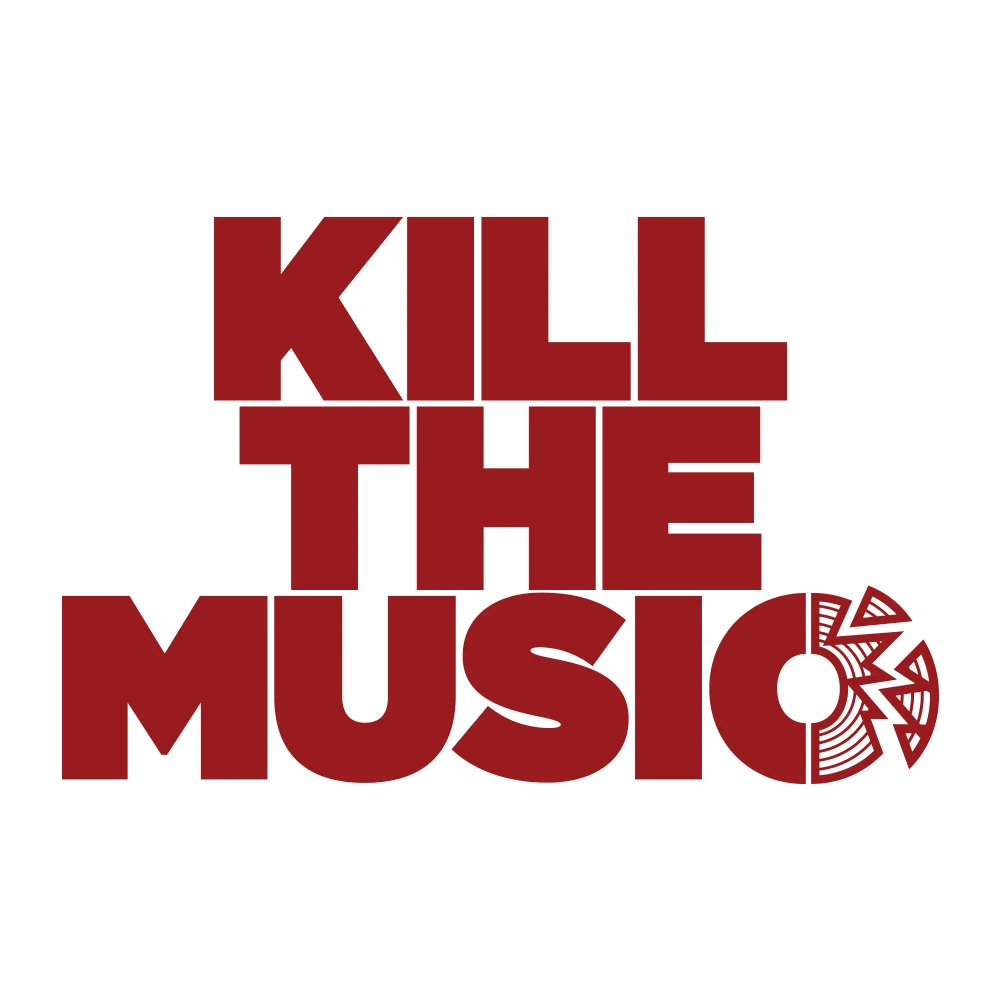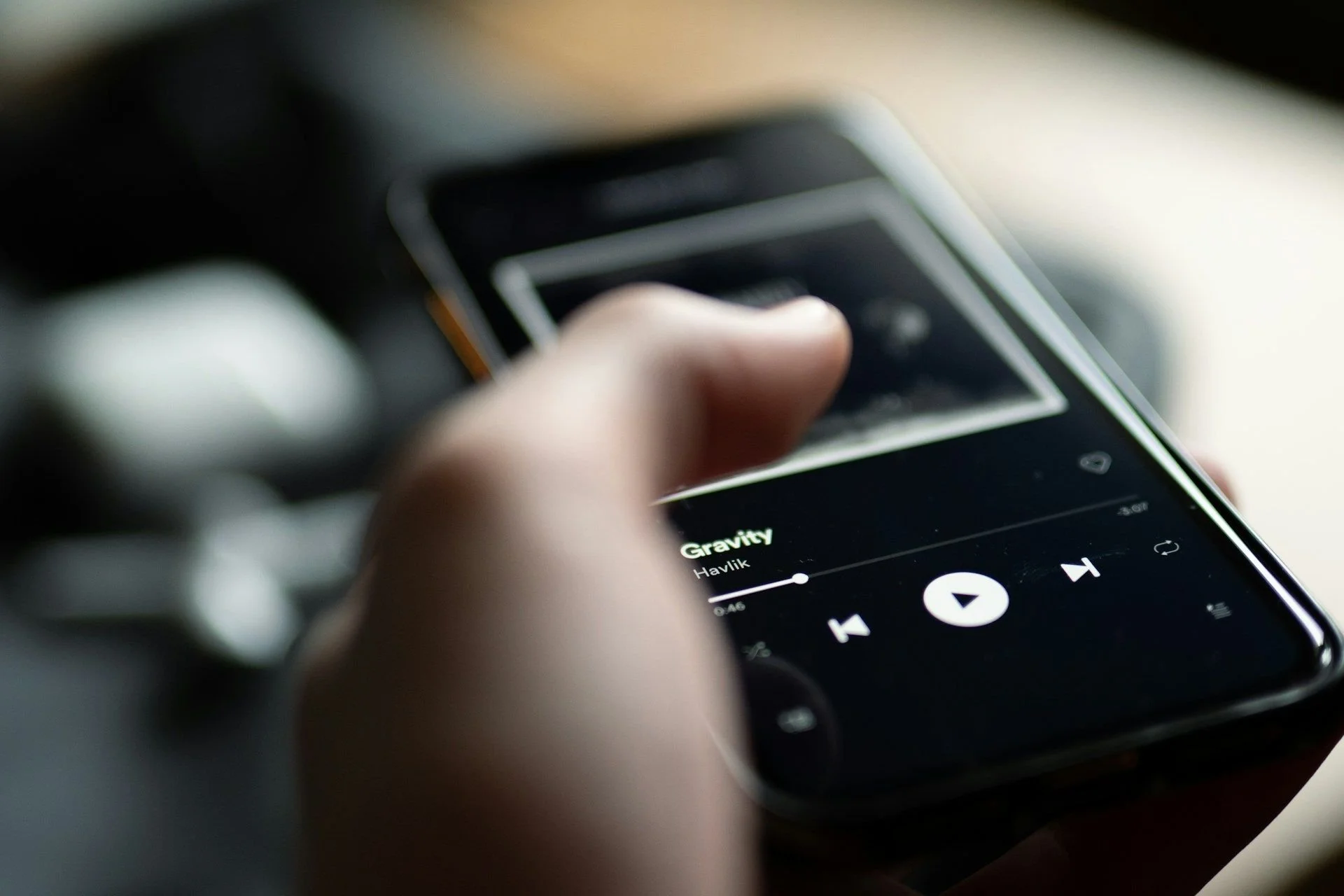Since the digital age took hold, the landscape of many industries has been revolutionized. The ease in which customers can access a range of goods and services has proved beneficial for some, while certain traditional sectors have struggled.
Whether it’s been positive or otherwise, there has been a shift in the way we consume specific services, and music is a prime example.
Heading Online
There are many parallels between music and other services, and in all cases, more consumers are heading online. Gaming is a good example here as the scope for accessing digital play continues to increase.
While there will always be a space in the market for consoles and the big screen experience, more players are downloading games to their mobile devices. Meanwhile, the face of the casino industry has been changed irreversibly. Prior to the internet, the only option was to head to a physical casino, but more people are now playing roulette, blackjack and slots online.
Traditional bricks and mortar casinos are closing as the majority of revenue in this sector heads online. There are many other examples, so how has the digital age specifically affected the music industry?
Ease of Access
The biggest change to the music industry involves the way in which we access releases from our favorite artists. Thanks to streaming services, we no longer have to buy a physical product to enjoy a specific song.
As long as a tune is included on the library at Spotify, Apple, Amazon and others, we can add it to our digital library for free. If we want to enjoy some visuals while listening to a track, we only need to load YouTube or another video sharing service.
Offering access to music for free has also allowed listeners to significantly increase their libraries. Paying for physical products such as vinyl and compact discs required a financial outlay. Streamed music outlets offer a paid option which has benefits such as removing ads, but there are small fees involved, and consumers can acquire more music as a result.
Mixed News for Artists
The internet has also changed music for those writing, producing and recording it. The increase in outlets means that artists are gaining more fans. Higher numbers of listeners can access their songs, but they get paid low fees for downloads.
Many musicians openly complain about the royalties earned through digital streaming of their songs. Others, however, recognize that they are building their fanbase to the levels that couldn’t have been achieved prior to the internet.
It’s also cheaper for those artists to record and deliver their songs to their audience. There is no longer a need to book a recording studio in advance and pay a high fee to do so. It’s even possible to download an app, record a tune online and get it out in front of the listeners.
The developments for artists have been mixed and musicians will debate whether the changes are a good thing, but there can be no argument that the internet has changed this particular landscape significantly.
Fighting Back?
Recent years have seen something of a resurgence in sales of physical music mediums. Vinyl continues to attract interest, and a number of artists have cashed in by issuing multiple variants of their latest releases.
Compact disc sales are also steady so there is something of a fightback for physical products.
While it may not be immediately obvious, the internet has had a positive impact for buyers too. Those who wanted to seek out a rare release would have needed to travel to record shops or fairs in the hope that their item would be stocked. Often, the trip would prove to be fruitless, and the shopper may have bought records that they didn’t really want.
Now that the internet has changed the way we buy music, it’s easier to log on and find retailers stocking that elusive release. We can browse to find a price that suits, and we only need to buy the items that we want.
With sales of physical music mediums showing an upturn, it seems there will always be a place for vinyl and compact discs. The internet can never remove these products from the shelves, and in some areas, the digital age has been beneficial for vinyl and CD collectors.
The biggest change has been the way in which we consume our music. With so many streaming services available, only the most obscure artists are hidden away, and consumers can build their libraries at little or no financial cost.
Although the royalties attached to digital downloads are lower, artists can now reach out to much wider audiences, so there are advantages for singers and bands too. The internet has definitely changed music, and those changes have been dramatic, but what new innovations will we see moving forward?

